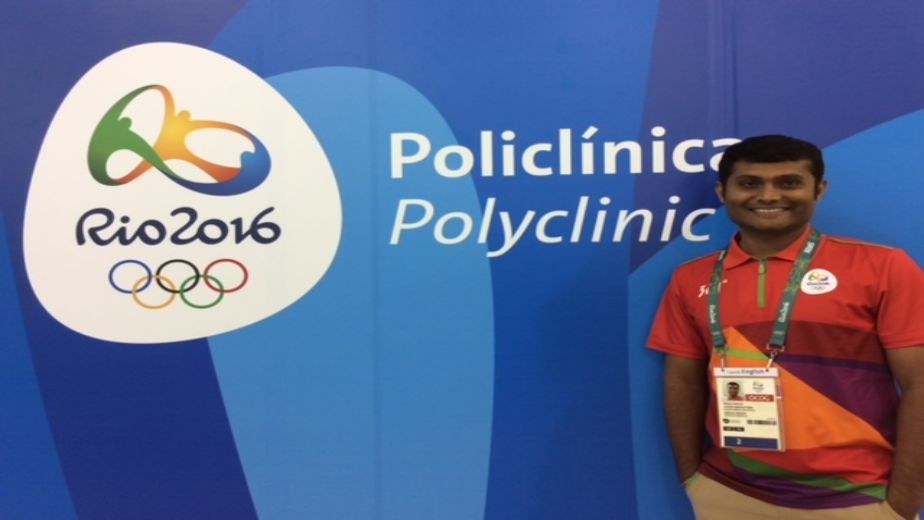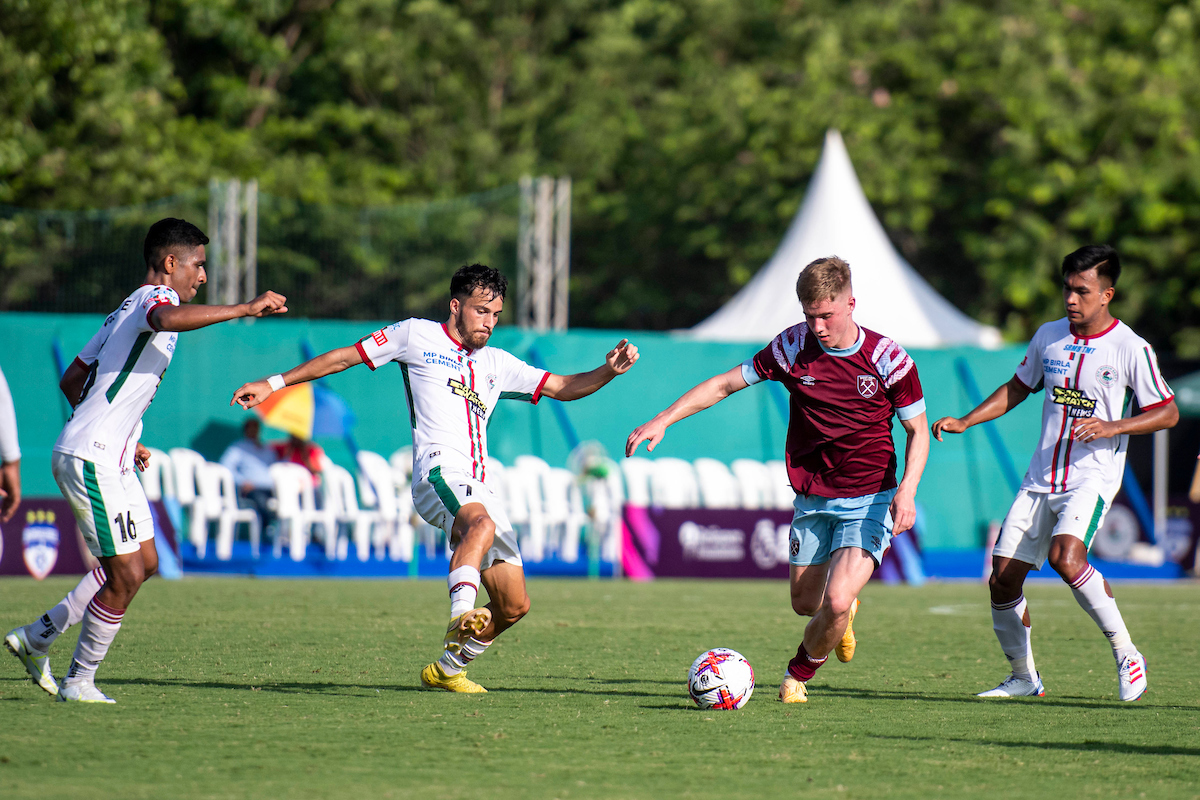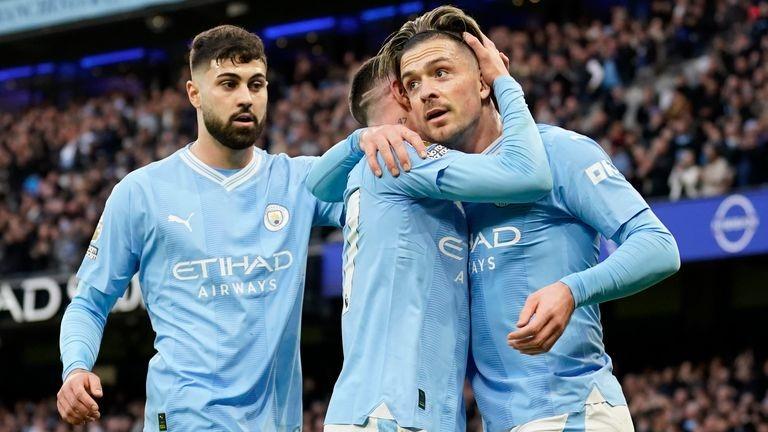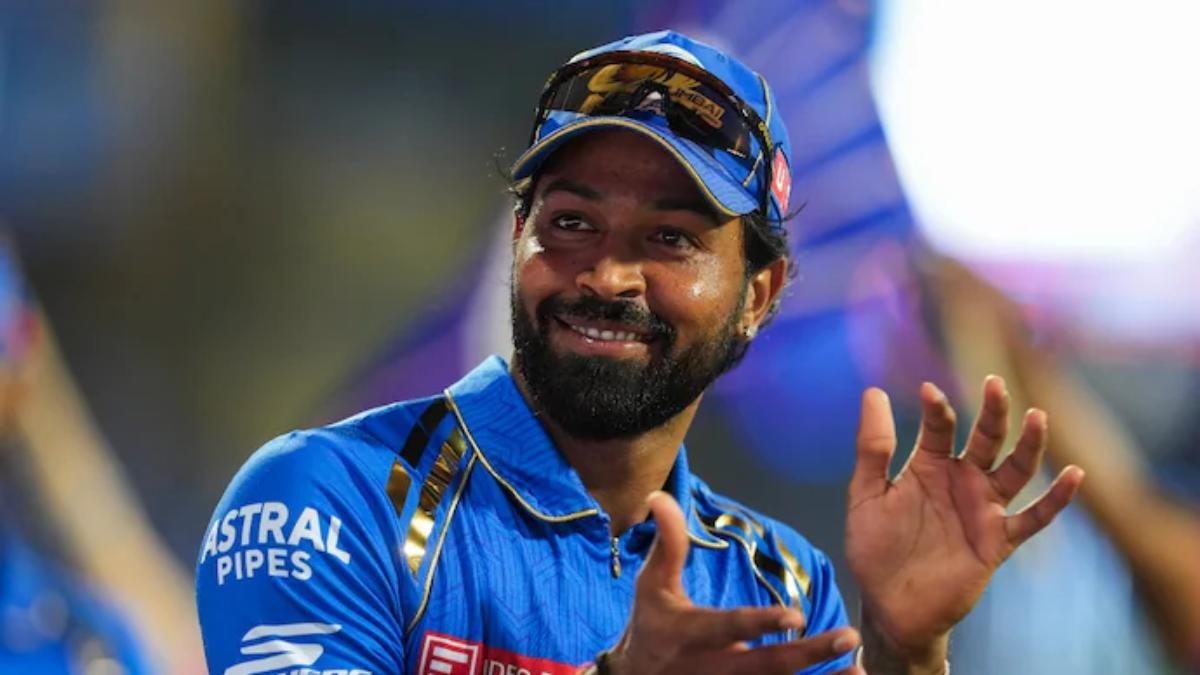With the sporting industry in India emerging in a strong way, the need for peripherals to raise the standard of the game itself has never been more important. While a lot of emphasis is given to entertainment value, the financial aspects of the sports and the players in the roster, sports health science is still an undervalued but an integral factor to ensure the well-being of athletes.
In this exclusive interview with SPOGO, Dr. Rakesh Chakule, Sports Injury & Sport Medicine specialist speaks about implementing sports health science effectively in India, seeing fewer dropouts from athletes due to career impacting injuries, the impact of foreign coaches on the Indian sporting ecosystem, importance of creating a unified digital pool of licensed sports health professionals and the benefit of a National Sports Health Science University in India.
Q 1) According to you, why is sports health science undervalued in India and how can it be implemented effectively?
India in its true sense is a multi-sport country though sports as a profession itself has picked up in the last two decades and the recent push from Government and Private sector has deepened the interest of all stakeholders in sports and its allied sciences. The transition from recreational sports to professional sports is evident nowadays. An athlete will think of availing the services of a sports health science expert only if he is aspiring to be a professional sportsperson. Hence sports health science remained undervalued for many decades. Also general health takes priority in India, but now with increasing awareness and increased participation in sporting and physical activities, the demand for Sports Health science professional services will increase tremendously.
There is an abundance of general health sciences professionals in India but the specialised workforce related to sports is gaining traction in the last few years. Increasing awareness that sports injuries are different in nature from the general injuries and its management by a sports health science expert is a must is the most important factor for effective implementation.
Q 2) How can junior talented sportspersons in India get access to sports health professionals to see fewer dropouts due to career impacting injuries?
Sports health professionals are in first place very few in number and the majority of them are located in metro and urban areas. The facilities and infrastructure required to treat sports injuries are elaborate and thus the cost factor is on the higher side. For the junior athletes who are not on sponsorships or affiliated with any sports-athlete management entity which doesn’t have a medical services partner, the access to the treatment is an issue. The situation usually ends with a general health professional due to some or other reasons and this may impact the further return to sports. Increasing the number of sports health professionals is the one of the effective solutions to avoid dropouts. Sensitisation of the junior athletes early in their career to seek help from professionals may help in the long term.

Q 3) How is the influx of foreign coaches and experts impacting the Indian sports ecosystem?
Foreign coaches and experts, being worked in an environment which has professional health science expertise at their disposal, expect the same kind of services in India. Their demand is genuine to produce the results they are hired for and this can be achieved only if qualified sports health professionals are working in tandem. This is in-fact slowly changing the outlook towards professionalism in the sports health sector. The influence of such foreign professionals is driving to some extent the sports health science into an exclusive emerging field. Their presence has led to many Indian partners collaborating with international sports universities and high performance academies for training and research.
Q 4) Why is it important to create a unified digital pool of qualified and licensed sports health professionals on a national level?
The effective utilisation of any resources depends on the adequate information and availability on a single platform. In the case of sports health science experts it is more pertinent as it is an emerging sector. The excellence of sportspersons is directly linked to the sports science and sports health professional services available to them to compete at the international level where winning is just by fraction margins. With a unified digital pool the issue of access to qualified and licensed professionals by any sports federation or any other relevant entity is simply solved in an effective way. The database will serve in the long term to make the Indian sports health sector more robust to cater to the ever increasing demand of injured athletes and their well-being during their active career and post sports life.

Q 5) Why is long term employment of sports health professionals a prerequisite to achieve excellence in the industry?
Athletes are impacted daily by the trivial injuries or stress and unless these issues are taken care of on a daily basis the overall performance during the year decreases. Short term contract medical services, need-based or periodical medical services for elite junior or senior athletes are not advisable. These professionals must be around at all times with athletes during the practice sessions, games and competitions and recovery. This helps to track the exact cause of injury and manage them effectively.
The long term training and high performance program activation and implementation needs a specific period for any sports health professional with any team. Hence short term employment or contract based work culture robs the chances of effective successful Injury management prevention programs for athletes.
Q 6) How will a National Sports Health Science University benefit the Indian sports ecosystem?
The sports industry is a data driven industry. Data comes through research, which in turn brings technical improvisation culminating into excellence. The research and collaboration at national level is equally important for making long-term sports health profession related policies and regulations. The academic and professional programs available in foreign sports universities are costlier. Many aspiring and deserving sports health science professionals from India are deprived of chances entering into the sports health sector with required qualifications.
The academic programs can be designed in this university based on the Indian sports demands. This will also increase the number of qualified workforce available locally.







